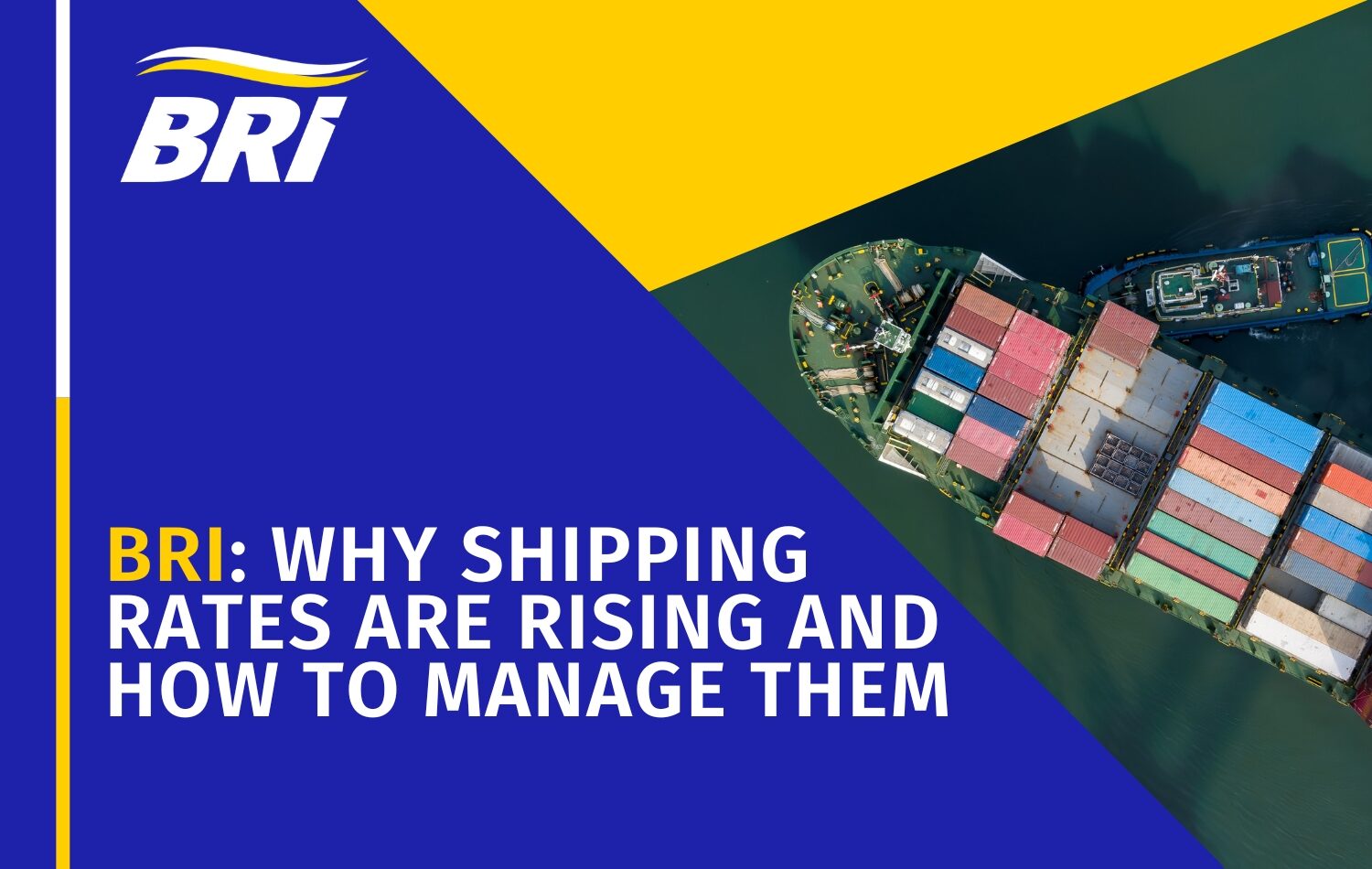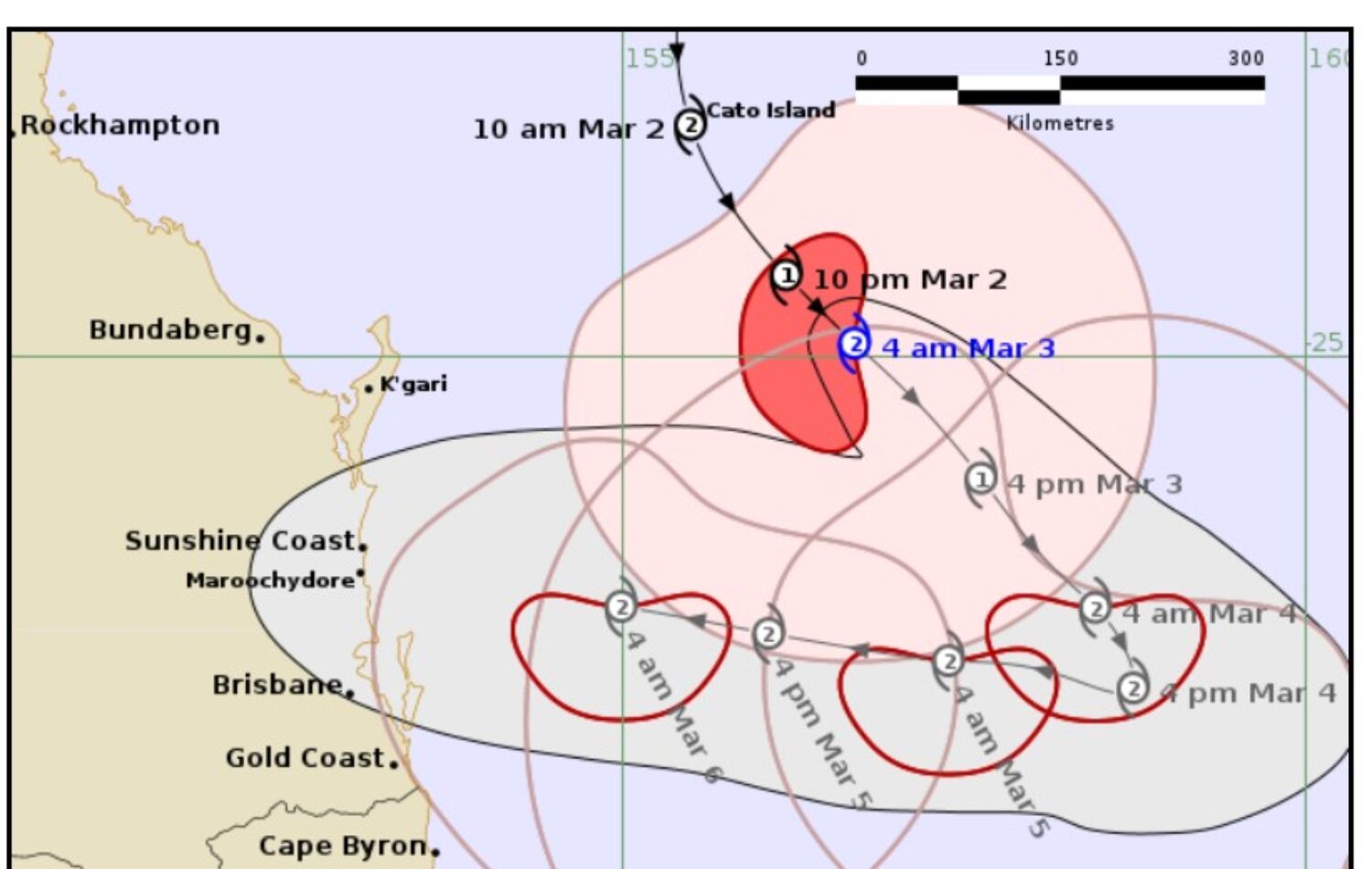Dear Valued Customers
For the last two years, container transport operators have tirelessly kept international container supply chains functioning with little fanfare and with COVID protocols keeping their staff and customers safe.
However, the rapid spread of the highly infectious COVID-19 Omicron variant has changed the game. The Australian container logistics chain is under enormous strain.
No part of the chain is unaffected. “Container transport operators across Australia have reported that they are experiencing between a 5% to 20% reduction in available staff, including heavy vehicle drivers, warehouse staff, forklift drivers, container unpack crews and administration, due to COVID infections and isolation requirements.
In some extreme cases this rises close to 50% of available labour more so in Melbourne.
Compounding this are staff shortages at customers’ premises, as well as at international container stevedore terminals and at empty container parks across Australia, significantly delaying the movement of containers through the supply chain.” “As a result, transport operators are reporting operational capacity constraints, with transport yards operating between 70% to over 130% capacity. This is particularly acute due to the delays in customer deliveries, and the constant need to stage empty import containers through transport yards while trying to secure de-hire slots at clogged empty container parks or container terminals that have reached capacity to receive returns.
The current supply chain delays and the severe impact of COVID infections seem set to continue well into 2022.
DP World Australia has notified industry that approximately 10% of its workforce are impacted through either having contracted COVID-19 or are isolating at home with a positive case in their household.
DP World says these numbers may increase as Australia works through the current COVID-19 wave.
Vessel berthing delays at container terminals in across Australia are still of significant concern, impacting all the major stevedore companies.
These delays are being felt most acutely in Melbourne, with delays of between 2 up to 9 days, The flow-on impact of these delays is terminal congestion and significant competition among transport operators to secure vehicle booking slots before import containers incur storage fees or to gain export slots to meet vessel cut-offs.
Currently there is no relief on the time constraints … transport operators still only get three days to retrieve import containers from the terminals, and export receival periods can fluctuate wildly if vessels come forward in their port rotation to avoid congestion elsewhere or are alternatively delayed from port arrival or berthing.
Weekend work has increased to try to keep up with demand. But this comes at a significant cost to transport operators in overtime and staging costs. Plus, the current COVID labour constraints and fatigue management rostering obligations really bite on driver and staff availability on weekends. “Transport operators are trying to work with the container terminals to avoid import container storage charges but again, this is proving to be extremely difficult, supercharged over the Christmas & New Year period with shorter working weeks, staff availability and operating hours.
Import container detention fee pressure has risen too, with few shipping lines providing any relief to importers / forwarders from hefty charges for late empty return, despite congestion at their contracted container terminals or empty container park providers being a major contributor to the supply chain delays. This pressure has been made worse with shipping lines transferring many international shipments away from contracted rates & conditions to “spot rates with the latter attracting stricter import container detention conditions unless the cargo interests can negotiate a different outcome … not easy in the current global shipping climate. As a result, transport operators are having to consult closely with their importer / forwarder customers about the circumstances where the transport operator may or may not accept any liability for the late return of import empty containers.
The lack of de-hire slots and capacity at some empty container parks or container terminals, and slow truck servicing times at these facilities, is outside of the control of transport operators. In many instances this makes it almost impossible for the empty container to be de-hired before container detention terms are breached.
In summary, persistent import and export demand, coupled with the significant operational headwinds being faced, have many in the landside container logistics sector commenting that it is the hardest conditions they have ever encountered.
If you have any questions at all please reach out to our Customer Solutions or Transport Team for asistance.
Thank you for using BR Interational.




